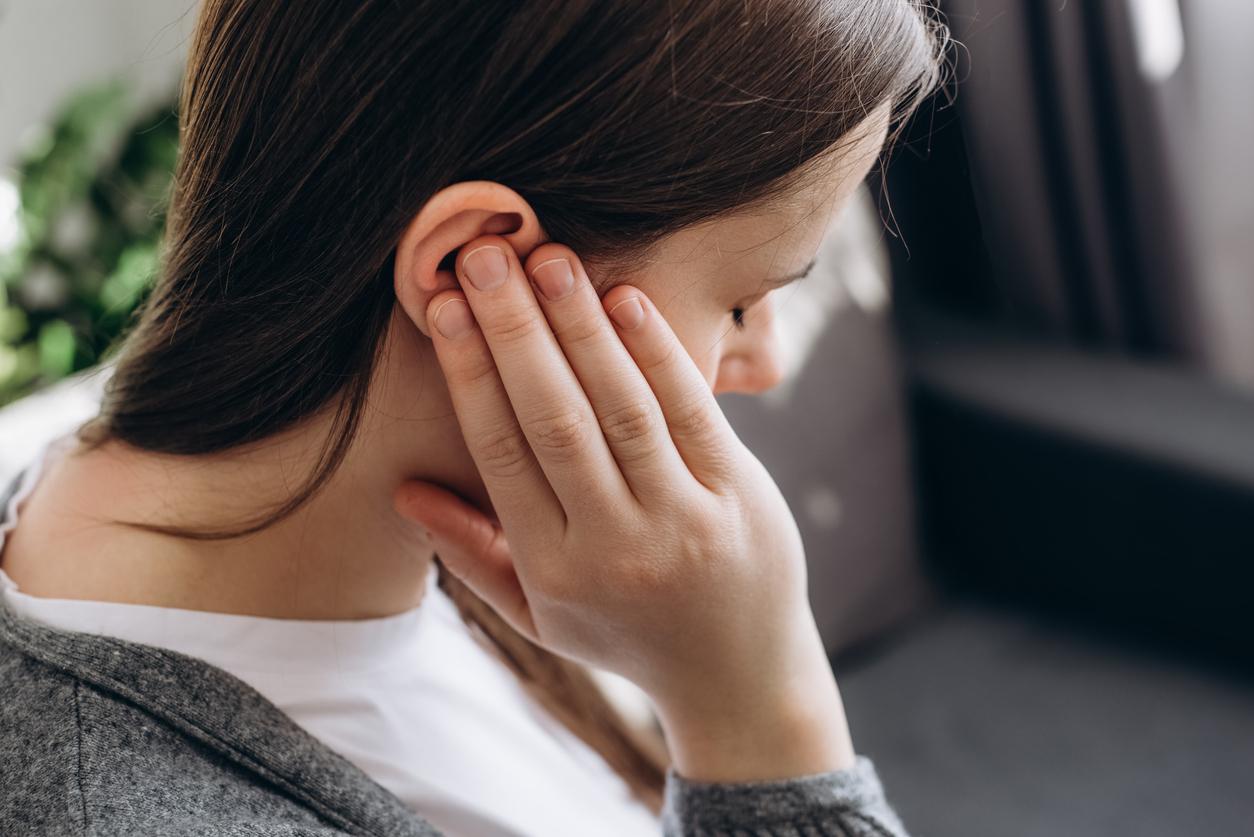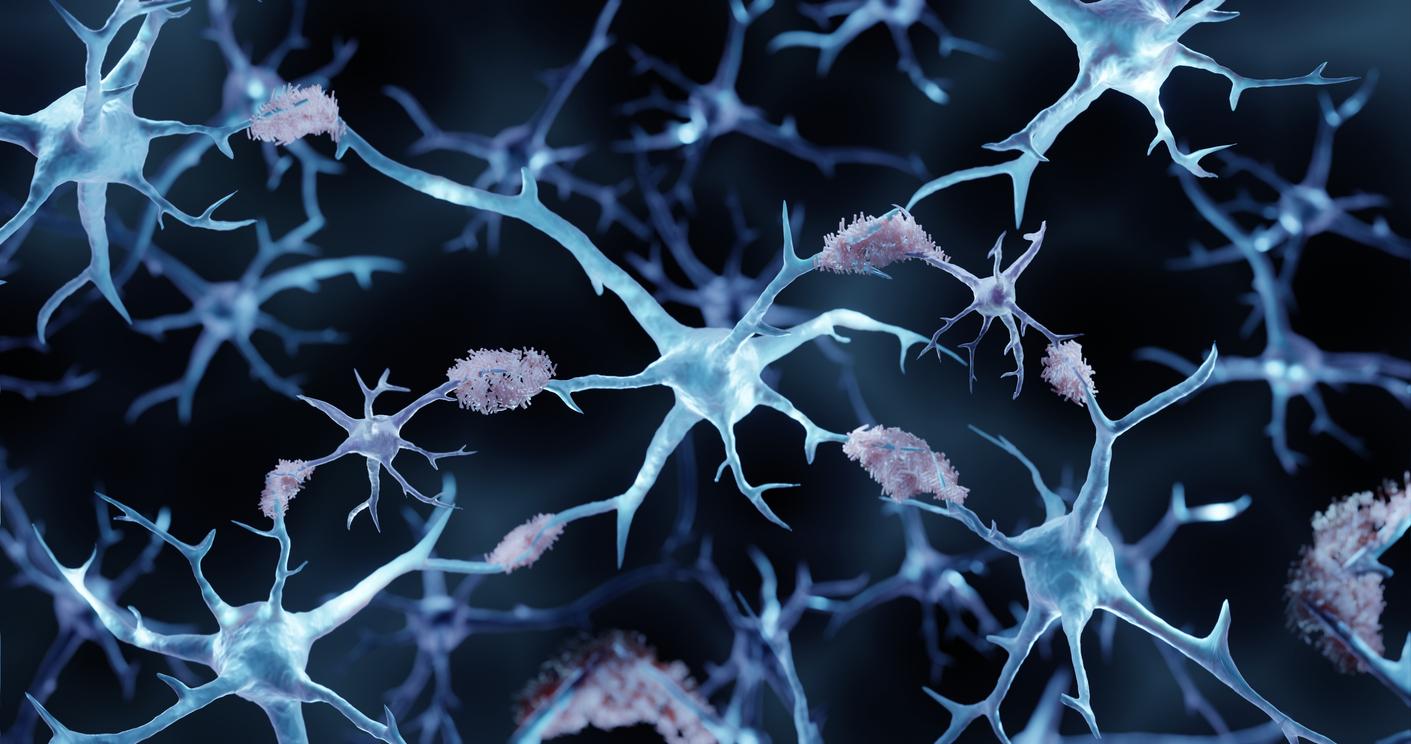People who suffer from misophonia experience more stress on a daily basis.

- Misophonia is an intense, irrational aversion to specific sounds or noises.
- A new study shows that misophone people feel more stress on a daily basis.
- “These results suggest that stress-related processes may be possible therapeutic targets for adults with misophonia,” say the study authors.
People with misophonia tend to live with higher levels of stress, according to a new survey published in PLOS One.
The study included 143 adults living in the United States with misophonia. The average age of the participants was 37 years old and 68% of them were women. The research was conducted from December 2019 to December 2022.
Participants completed assessments on the degree of their misophonia, their possible psychiatric disorders, their possible symptoms of post-traumatic stress disorder, the way they perceive stress and their level of perceived stress (acute or not). ).
Misophonia: people affected perceive stress more
The results showed that 33% of participants had experienced a traumatic disorder at least once in their life. Among them, 22% suffered from post-traumatic stress disorder. The most common traumatic events were transportation accidents (52% of participants), unwanted sexual experiences (36%), natural disasters (32%), and the sudden death of a loved one (29%).
The more severe the symptoms of misophonia, the more they were associated with higher levels of “perceived stress” and of “acute stress”. The link with the “perceived stress” was the strongest.
“These results suggest that stress-related processes may be therapeutic targets for adults with misophonia,” conclude the authors of the study.
Misophonia: what are the most disturbing noises?
Misophonia is an intense, irrational aversion to specific sounds or noises. Here are the most frequently cited:
– tapping fingers on a keyboard,
– mouth or chewing noises,
– snoring,
– nasal noises,
– sound of ice cubes in a glass,
– grinding of teeth,
– suction of a liquid through a straw,
– clicking of the washing machine.
“Considered as a psychological disorder in its own right, misophonia is thought to be caused by hyperactivation of the lower insular cortex (this is the brain region that allows us to direct our attention to what is happening around us),” specifies the Hearing Foundation.















